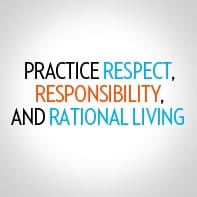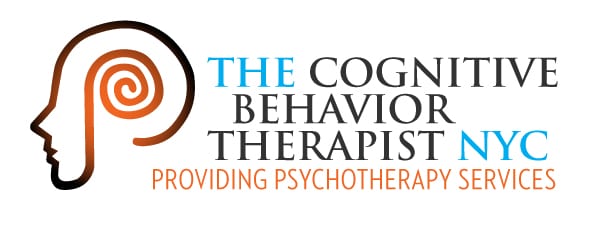I have always been a fan of asking, and especially in today’s economic climate asking for what you want is becoming vital .But what if you are gun shy about asking for things, should you go on not getting what you need from people? Asking can be made easier if you are assertive in your approach.

A simple model to follow when trying to be assertive is as follows:
1. Explain the situation from your point of view: How do you see the situation?
2. Express how you feel or felt
3. Make it known what it is you want exactly
4. Discuss how following your request will benefit you BOTH
Think of this in comparison to aggressive or passive behavior. When you are assertive you are simply stating what will make you feel happy /successful. By expressing it you are giving the other person time to honor your needs.
When you are aggressive you are essentially demanding that your needs be met over others. And when you are passive you are willing to give into others needs over your own.
Be careful though because sometimes being passive results in passive aggressive behavior, where you begrudgingly give into the needs of others while showing subtle signs of frustration or hostility. Some classic examples are when people slam doors or avoid social contact. Passive aggressive behaviors can be destructive to relationships no matter the setting, because it precludes most chances of an open and honest dialogue. So what generally follows is that one person will remain feeling dissatisfied since their needs are not getting met, while the other person is left to feel helplessly frustrated since they are clueless as to how to satisfy or rectify the situation. So while expressing what you need or want might make you feel vulnerable, remember it might also help you feel a lot more satisfied.
Dr. Jayme















